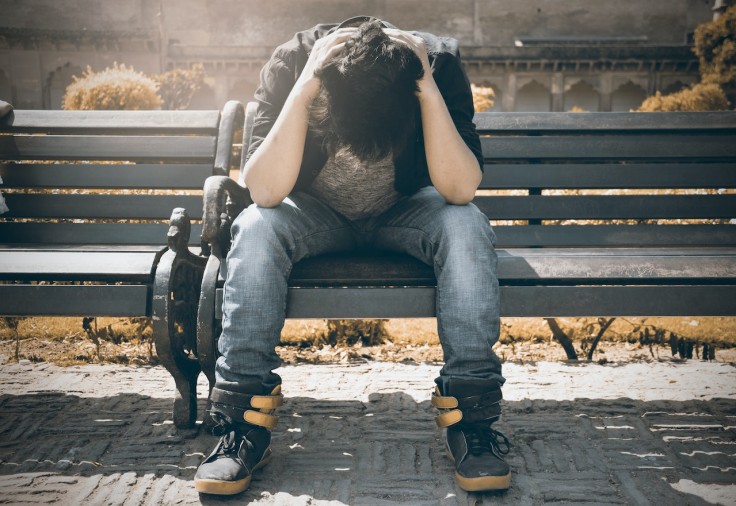
Depression is a condition found only in adults. This was psychiatry's general consensus up until the mid-1990s, Tamsin Ford, a child and adolescent psychiatrist at the University of Cambridge, UK, stated.
However, it has since become obvious that adolescence is a very crucial period for mental health. Research by JAMA Psychiatry on the Prevalence and Age-of-Onset Distributions DSM-IV Disorder stated that about half of the Americans will meet the criteria for a DSM-IV disorder at one point in their lives, but with first onset usually in childhood or adolescence.
DSM-IV is defined as a clinically significant psychological or behavioral pattern or syndrome that occurs in a human being like anxiety disorders, mood disorders, impulse-control disorders, substance use disorders and other disorders. The study further stated that preventions or early treatment of these disorders need to focus on the youth.
According to Willem Kuyken, a psychiatrist at the University of Oxford, UK, even if study showed that children as young as three years old can be diagnosed with depression, typical onset is in the early teenage years, the period of intense brain development.
Half of all mental-health disorders begin by age fourteen, and a whooping seventy-five percent start in the mid-20s. Kuyken further added that a young person that faces depression or anxiety is often a sign that he/she might face lifelong challenges with symptoms.
Interventions in school unsuccessful
Another study on adolescence mental health showed a troubling trend where rates of depression among teens and young adults in the United States have risen much more quickly than older age groups since 2009.
Another troubling news is that sixty percent of these young Americans with depression do not receive any mental health treatment at all, says Tamar Mendelson, the director of the Center for Adolescent Health at Johns Hopkins Bloomberg School of Public Health in Baltimore, Maryland. In fact, even in those states that have the best access to mental health , one out of three young people go without treatment or intervention.
Given this with the added fact that few only have access to treatments that are expensive and time-consuming, Kuyken said that schools have become an "appealing target" where interventions can be done, especially that kids spend most of their time in this place.
Unfortunately though studies have shown that school interventions are not successful. Similar studies have revealed that young people benefit the most from those 90-minute one-on-one or group sessions that take place in clinics or other health-care settings.
Preventions and interventions in school are seen to be complicated due to its variable environments - it is small, lacks control groups, and only has a short-term follow-up.
Read Also: Loneliness in Youth Affects Long-Term Mental Health, Study Proves
Shift the focus
Kuyken proclaimed in an interview with Nature that interventions should probably need to shift focus from schools to "structural societal issues" that strains kids' mental health during those vital periods when they learn how to build relationships and function in the world.
"We might need a radical rethink of how we think about the promotion of mental health in young people. It's not just about preventing mental-health problems in children. It's about setting people up for life," the psychiatrist emphasized.
To be more effective, efforts of prevention and intervention should ultimately focus more on poverty, violence, homelessness, food insecurity and other structural problems that can affect the mental health of a child. As Kuyken proclaimed, it might be that the focus should not be on the teen's resilience but on what caused his/her distress in the first place. Is it going to school without having breakfast? Or, is it the inability to do homeworks and research work because they do not have wifi at home? It is important to get to the root of the problem before the intervention should begin.
Related Article: Spotting Depression In Children, According To Experts